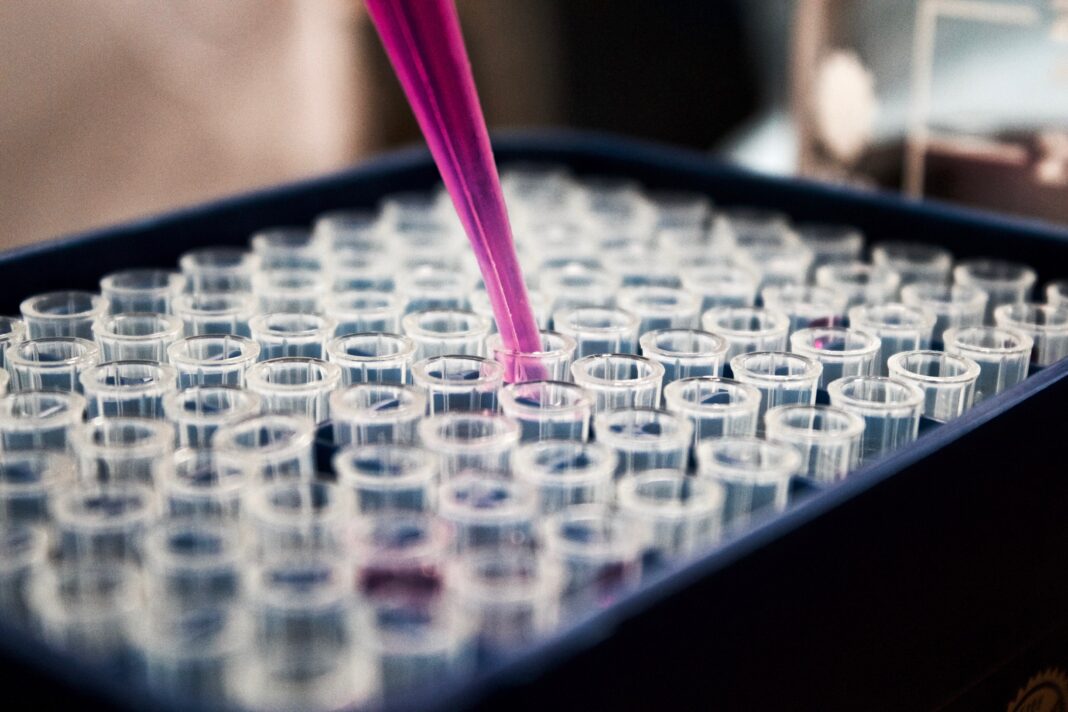Ethical considerations play an important role in the research direction of reproductive technologies. One important ethical guideline regarding any new technology is summed up in the phrase “just because we can, does not mean we should?” This guideline, in reference to reproductive technology, means that the research and any potential clinical application must focus on its benefits for human health or infertility.
Over twenty five years ago, when Dolly was cloned, ethicists asked what could be the benefits of cloning technology in reproductive medicine? Today advances in cloning technology have risen to a whole new level. Scientists have recently managed to clone 581 mice – all from a single, original cell. In addition, cloned mice can be produced from dead cells of frozen cadavers, and may serve as a way to produce cloned animals from endangered species.
Yet, the application of cloning technology to human reproduction remains limited, in part because there are no clear applications concerning how cloning will improve human health. There are no reports of scientists cloning humans even though companies like Sinogene and ViaGen offer customers the option to clone dogs, cats and horses. In addition, Revive and Restore is a company dedicated to using cloning technology to preserve species on the brink of extinction. One lesson from these companies is that cloning people will be quite expensive and unless health insurance covers this, it will only be available to the wealthy. With such high costs, and a lack of clear utility, cloning human beings also violates another ethical guideline of justice – to create equal accessibility of medical treatments to all people.
Scientists have developed other new reproductive technologies beyond classical cloning. In March of 2022, PNAS published an amazing achievement in asexual reproduction, by generating a mouse pup that was derived from unfertilized oocytes (i.e, parthenogenesis- reproduction of any organism from an ovum without fertilization). The scientific challenge in creating organisms using parthenogenesis is overcoming the presence of epigenomic regulatory mechanisms that prevent embryological development.
To overcome this limitation, two eggs were fused into one cell and then treated with gene-editing technology (CRISPR) to target seven specific regions of its DNA. These modified parthenogenetic embryos were transplanted into foster mothers to generate viable full-term offspring. Embryological development into a fully developed mouse occurred because the CRISPR technology used by these scientists reprogrammed these seven normally imprinted DNA regions. Not only was this mouse created without a father, but this “immaculate conception” process created a litter of mice pups that were identical genetic clones of their mother. Even though this process was very inefficient in mice, there is no scientific reason why it can’t be applied to generate cloned human embryos.
However, one ethical barrier to human parthenogenesis is the almost universal concept that human beings need to be created via sexual reproduction. The moral, ethical, and practical basis for this precept include the idea that each human being is, and ought to be, unique, and that sexual reproduction strengthens the species by allowing for natural selection. We believe that the CRISPR parthenogenesis methodologies used in the PNAS paper, cited above, would thus be ethically unacceptable for two reasons. First, the offspring would be generated via asexual reproduction, and second, they would be genetic clones of the mother.
The authors of this PNAS paper did not provide specific details explaining how this technology could help with human infertility or human healthcare in the future. Their statement is vague as they state “The success of parthenogenesis in mammals opens many opportunities in agriculture, research, and medicine.” In contrast to parthenogenesis, transplanting spermatogonial stem cells from infertile male mice to female mice to generate non-clonal offspring via sexual reproduction is considered an ethically justified technology that may have valuable future medical applications to human health.
While applying CRISPR technology to parthenogenesis remains ethically controversial, other advances in CRISPR techniques are playing important roles in medicine. CRISPR technology is being developed to correct mutations and to alter our epigenetic profiles in treating genetic diseases. For example, in the spring of 2022, scientists successfully used CRISPR technology to treat a person with sickle cell anemia. The embryo of a sickle cell patient develops normally in utero because it produces fetal hemoglobin. At birth, a genetic switch is flipped off and the baby begins to only produce adult hemoglobin. Due to the genetic mutation in adult hemoglobin, patients with sickle cell disease develop severe anemia. Using CRISPR technology, scientists were able to prevent the genetic off-switch from engaging, allowing patients to produce fetal hemoglobin throughout their lives, mitigating the deleterious effects of the mutant adult hemoglobin that they would normally produce.
The ethical guideline of beneficence (i.e, do good) applied to reproductive research suggests a focus on technologies that serve to benefit animal science, agriculture, and human diseases. CRISPR technologies fall under this rubric for its potentially transformational and innovative applications in the diagnosis of human diseases. This involves increasing human longevity, eradicating human viruses, xenotransplantation of pig organs into humans, and treating many of the 7000 genetic diseases that tragically plague human life and health. To date, parthenogenesis does not fall under this ethical rubric. If scientists wish to continue exploring parthenogenesis in asexual human reproduction, they are urged to first identify and present concrete ethical scenarios where these technologies could improve human health.
This work is a collaboration between John D. Loike, Ph.D., who serves as the interim Director of Bioethics at New York Medical College and Professor of Biology at Touro College and Alan Kadish, M.D., is the President of Touro University.





